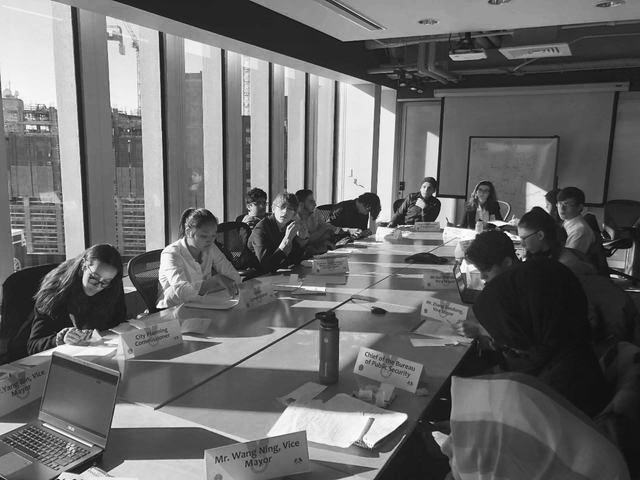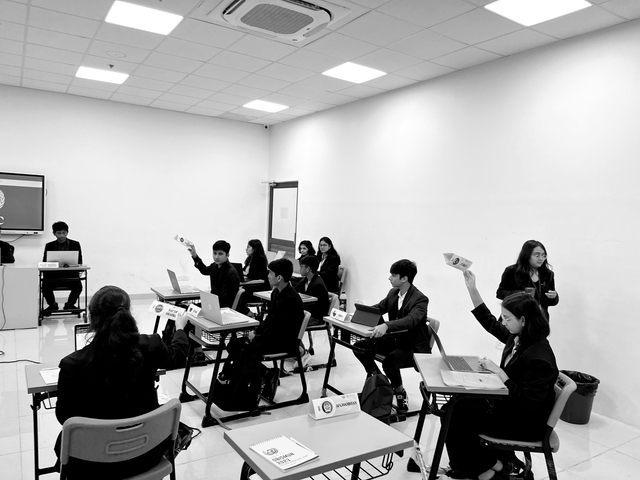Reliable Resources You Can Use for Research
Prisha Jhavery • 2023-07-23
Here are some of the best websites and links to obtain trustworthy research!
When conducting research for Model United Nations (MUN), it's important to rely on reputable and reliable sources of information. Websites of universities, research institutes, and think tanks often publish scholarly articles that can provide in-depth analysis and valuable insights. Well-established and reputable news outlets like BBC, Reuters, Associated Press, The New York Times, The Guardian, and Al Jazeera can provide reliable coverage of current events, interviews, analysis, and expert opinions.
Here are some websites that meet the criteria and can help you understand agendas, countries, and committees better:
- United Nations Official Website: The official website of the United Nations (un.org) provides a wealth of information on various global issues, resolutions, reports, and official documents. It is a primary source of accurate and up-to-date information.
- World Bank: The World Bank Group (worldbank.org) provides data, research reports, and publications on global development issues, including poverty, education, health, and economics. It can be a valuable resource for understanding the economic aspects of international relations.
- UN News:
UN News (news.un.org) is the official news portal of the United Nations. It offers the latest updates on global events, press releases, statements, and reports from UN agencies, making it a valuable resource for current affairs and background information.
- UN Documents:
The UN's Official Document System (UNODS) provides access to a vast collection of UN documents, including resolutions, reports, treaties, and speeches. It is a comprehensive resource for researching historical and current UN activities. The system can be accessed at undocs.org.
- Non-Governmental Organizations: There are various reputable NGOs such as Amnesty International, Human Rights Watch, and Oxfam that produce reports, studies, and analyses on human rights, humanitarian issues, and global development. Their websites and publications can provide valuable insights into specific topics.
- International Monetary Fund (IMF):
The IMF (imf.org) offers research publications, economic reports, and statistical data on global finance, monetary policies, and economic stability. It can be useful for understanding the financial aspects of international relations and the economic impacts of and on various countries.
- Government Websites:
Official government websites can provide information on specific countries' policies, positions, and official statements. Look for the governmental sites of countries relevant to your MUN agenda item to gain insights into their perspectives. Generally, government websites typically have domain extensions such as ‘.gov’ or ‘.int’.
- Academic Journals and Databases: Academic journals and databases like JSTOR, Google Scholar, and PubMed contain scholarly articles and research papers across a wide range of disciplines. They can offer in-depth analysis and references to support your arguments.
It is important to remember to critically evaluate the information you find, considering the source's credibility, publication date, and any potential biases. Cross-referencing multiple sources can help ensure accuracy and a well-rounded understanding of the topic. It is equally as important to truly understand your research and be able to communicate it to the rest of the delegates.
See More Posts
Don Bosco International Model United Nations 2024
Don Bosco International School, Nathalal Parekh Marg, Matunga, Mumbai - 400019
Copyright © 2024 DBIS, Inc. All rights reserved.



